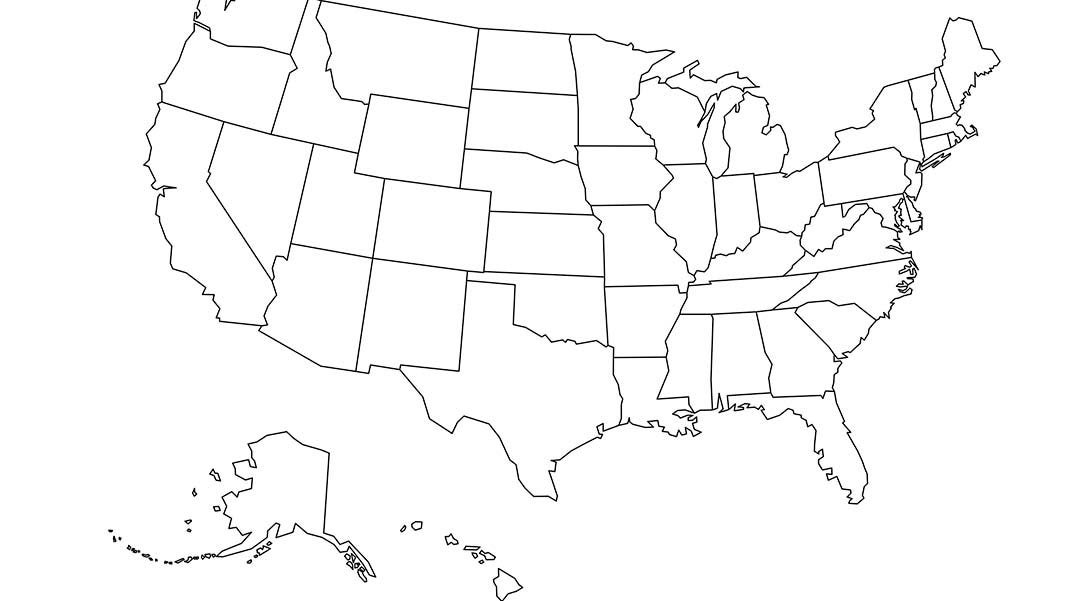Choosing Which Law to Use When Creating Your Franchise Agreement

It might sound funny to read, “Choose which law you want to enforce,” but for franchises expanding outside of their state of origin, there comes a moment when a franchisor needs to choose which law to apply in the FDD. This isn’t an arbitrary look at the laws governing a state. Instead it’s a moment of conflict, weighing the franchisor’s home state law against the state law where they are expanding their enterprise.
An expanding franchise can either put into their agreement that the state the franchise unit is in is the law to be used, or try to enforce the law from the home state of the franchise.
Particularly for California-based franchises, I recommend that franchisors chose the state law where the franchise unit resides. The reasoning is simple: California is one the most highly regulated states. If you chose to expand into a more business-friendly state, for instance Texas, the laws will work more in your favor. Despite being based in California, expanding in Texas and adopting their law for agreements gives you the ability to enforce non-competes and jump through a few less hoops when terminating an incompetent operator.
If you chose to enforce your state’s law for an FDD signed in another state, there might be a few sticky situations. Let’s flip that scenario and say that your Texas-based franchise is expanding to California. In your FDD, you outline strict non-compete requirements. Even if you cite Texas law as the governing party, non-competes are not enforceable in the state of California. Additionally, California will override more lenient views on termination.
Texas law becomes mute in lieu of a more regulatory California turf.
To add another layer to the mix, you can bring federal law into the equation.
The best example comes into play when addressing arbitration. For a franchisor in Texas, they will want to require franchisees to travel to them to resolve disputes. Should the franchisee reside in California, the Texas-based franchisor runs into California’s regulatory wall (again). The sunshine state holds a vested interest in their own residents resolving despites inside California’s borders. In short, California doesn’t take kindly to outside businesses requiring residents to travel.
Insert federal law.
A well-drafted franchise arbitration document will employ federal law for dispute resolution. Regardless of California’s desire to keep franchisees on the home turf, federal law trumps state law, granting the Texan franchisor the ability to require arbitration in the Lone Star State.
In reality, there are countless examples of state laws going head to head.
You need an experienced franchise lawyer to help you navigate choosing the best law for your franchise. As both an accomplished franchise lawyer and a co-owner in a multi-state franchise, I can help you seamlessly expand your franchise to other states, or go national right out of the gate.












